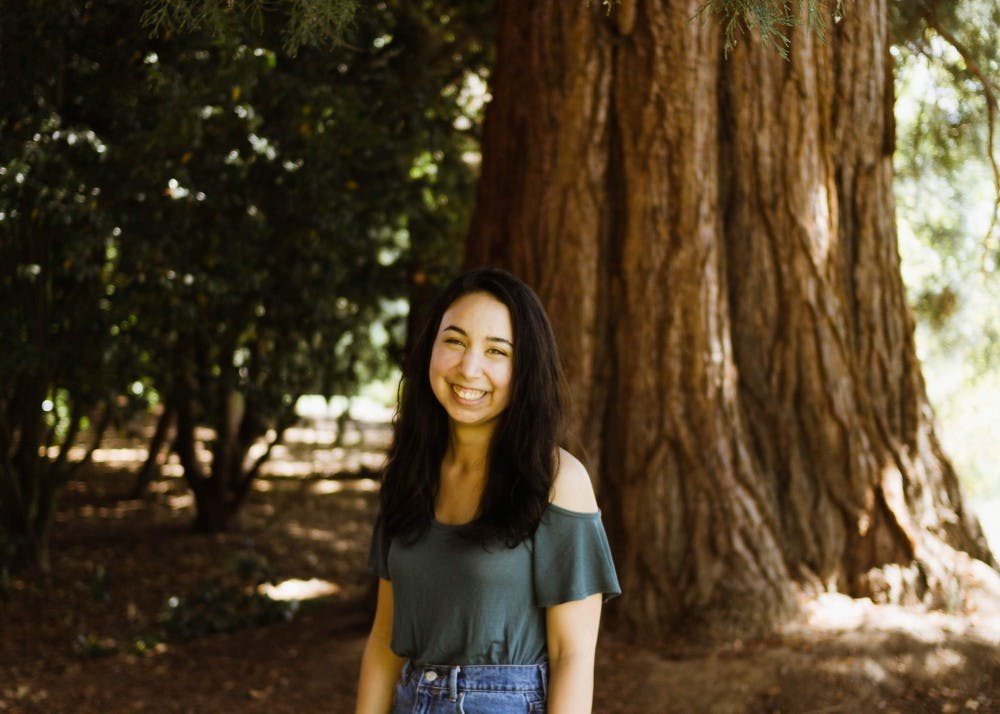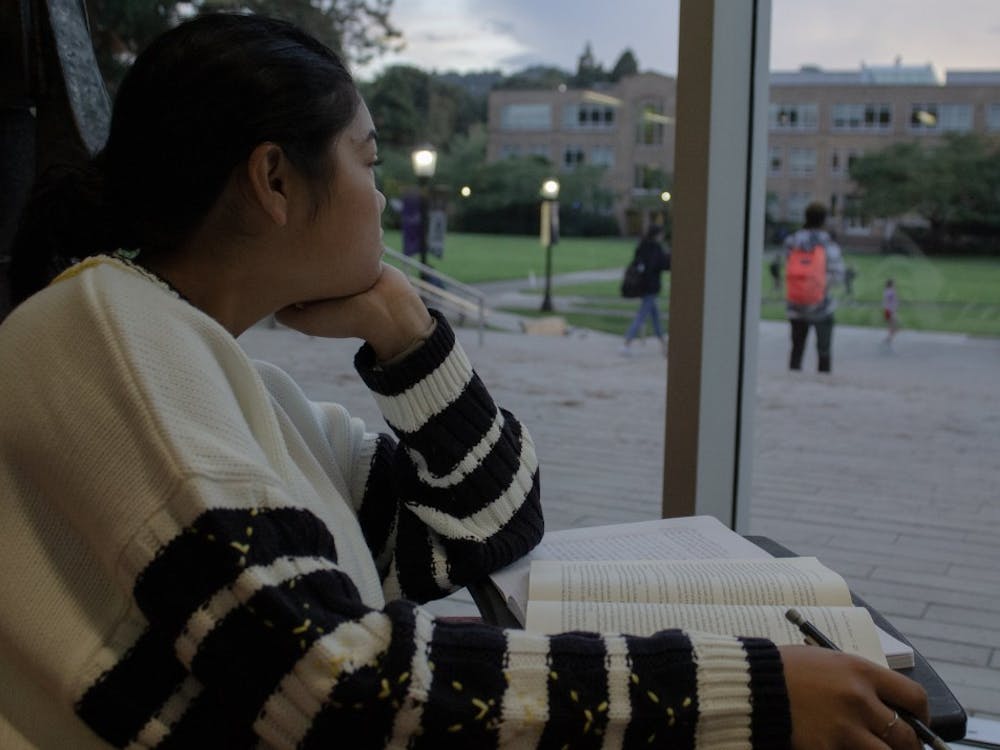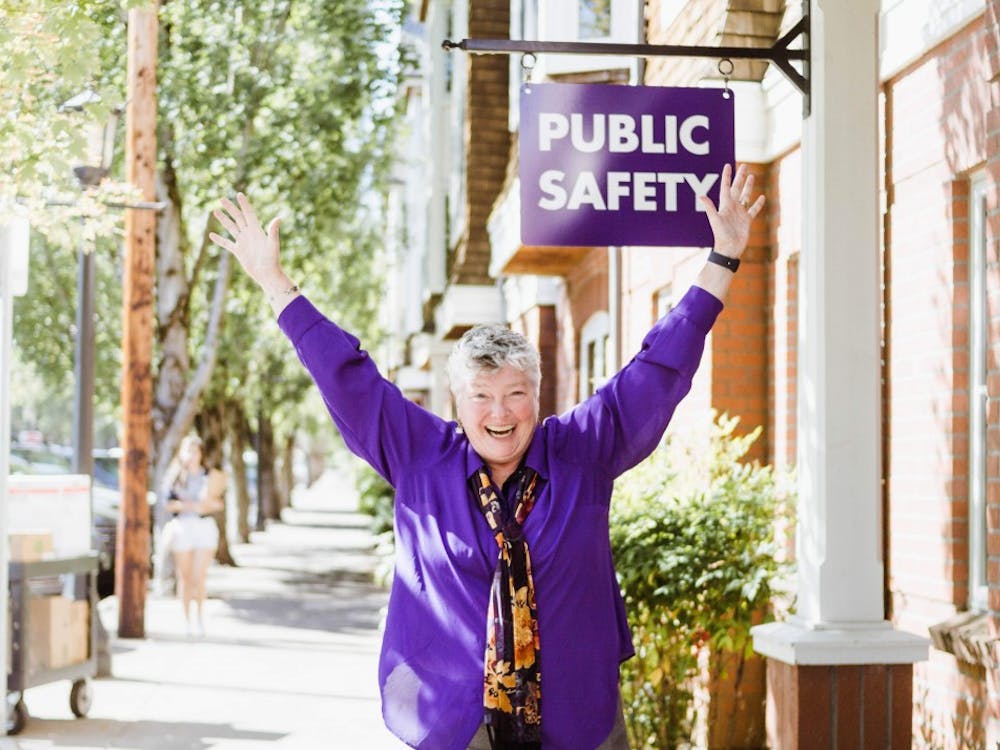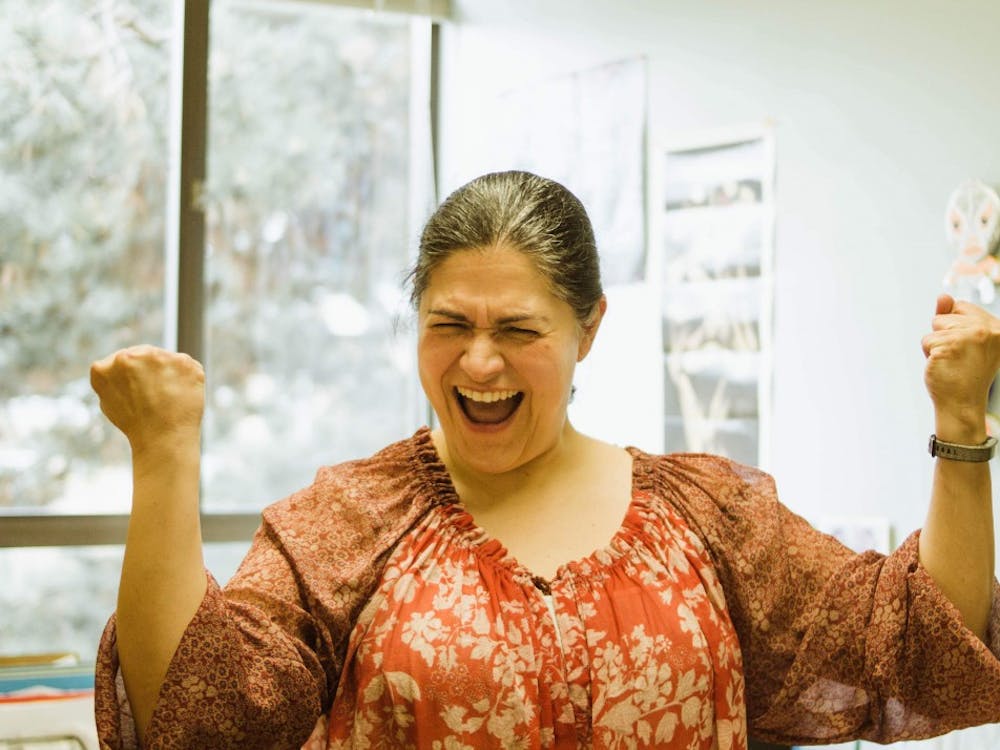You never think it will happen to you. One day you’re happy and thriving. You have everything going for you. Life is relatively easy. Then in a single moment, everything changes. All it takes is one phone call to trigger the collapse of your seemingly perfect life.
You spend the next day crying until your eyes burn and you start hyperventilating. You can feel your heart physically breaking inside of you as you clutch your stomach, face down on the ground wondering what you did to deserve this kind of pain.
I’ve been living with depression for almost a year now, and it has been the most challenging experience of my life.
But I don’t want to talk about how I got here. I want to focus on the healing that I do every day and how I learned how to be there for myself and to be my own support system.
Oct. 10 is World Mental Health Day. I’ve always believed that mental health was important, but it has recently become a priority in my life. With mental health problems rising among college students, it is becoming more and more important that students know how to care for themselves and others.
I have amazing friends that I am extremely grateful for. But they couldn’t understand what I was going through.
For a long time, I resented them for this. They were supposed to be my best friends, and it felt like they were making my depression worse. However, I have found strength in supporting myself, and I have learned that I can’t expect someone who hasn’t experienced what I have to know how to help me. As a result, I have learned to be thankful to my friends for simply being there.
I anticipated an outpouring of support and active listening when I tried to talk to my friends about my mental health. What I got instead were awkward silences and “Maddie, you need to stop. You can’t say things like that,” when I would make a joke about my mental health, or “Aren’t those placebos?” when I mentioned my antidepressants.
I was discouraged because it had taken a lot of courage to open up to them because I was ashamed and embarrassed about my mental health.
I stopped telling my friends about my struggles and pain because I didn’t want to burden them with my problems. I didn’t realize just how hard they were trying to help me and that they really didn’t know how to best support me.
I went to counseling and to my doctor, and I focused on my schoolwork. As an extremely introverted person, I spent time with myself and processed everything that I had gone through.
I turned to God to help me through my struggles. I felt like I just needed God to help me find the strength that I already had somewhere inside me to heal on my own. Not being able to turn to my friends, I grew in my relationship with God.
I started to feel a little better by the end of the school year. Although my relationship with my friends and roommates became uncomfortable, I realized that everything I was doing that temporarily drove a wedge between my friendships had been worth it –– I was being my own best friend by learning and understanding myself in a deeper way and as a result, I was healing.
I acknowledged all of my emotions and pain without judgment. I took breaks while doing homework when I was overwhelmed by stress and anxiety. I learned to love myself and accept my flaws and mistakes.
Of course, I love my friends. But they didn’t understand that while I was spending time by myself, making depression jokes and going home on the weekends, I was healing. I was being there for myself and my heart, knowing that I could make it through.
Sometimes, our friends don’t know how to help us. And that’s okay. True friends will always take on your burden in the best way they can.
I know I would be in a much different place in terms of my mental health if it weren’t for my friends. They have carried me through my struggles simply by being present. Their inability to understand my mental health led me to support myself and find my own strength.
What has truly allowed me to heal has been supporting myself while also learning how to accept and be grateful for the efforts of my friends. While my friends were not a resource for me to talk to, knowing that they cared and wanted the best for me means the world. It reminds me how much support I have, even when that support is just being physically there.
For anyone going through difficult times, I urge you to support yourself. Maybe you will have friends who understand, but if you don’t, take the opportunity to be your own support system and teach your friends how they can best support you. I promise you will find an inner strength like never before.
For anyone who is unsure how to support a friend who’s struggling: Ask them how you can help. Do not assume you know what’s best for them. Sometimes you just need to listen and not pass judgment. Remember that no matter how close you may be, it is taking courage for your friend to confide in you.
Learn about depression and how to support your friend. It can be as simple as asking them if they want to talk or if they want space. Everyone heals in their own way, so let them. Of course, be aware of bad signs and know when to intervene. Take any mention of suicide seriously and pay attention to unhealthy coping methods such as increased drinking or drug use.
I’m not a mental health professional. My experience isn’t the same as everyone else’s. What works for me might not work for someone else, but I believe everyone needs some type of support whether that be family, friends or yourself.
While it has been difficult not being able to confide in my best friends, I have developed my sense of self, and I am stronger than I ever thought. And I know that one day when someone I know goes through extremely challenging times, I can be there to support them in the way they want and I can empathize.
Sometimes we have to carry ourselves through life’s hardships. And that’s okay. That doesn’t mean your friends don’t care. It just means it’s time to find your own inner strength.
Maddie Pfeifer is the News and Managing editor for The Beacon. She can be reached at pfeifer21@up.edu.








